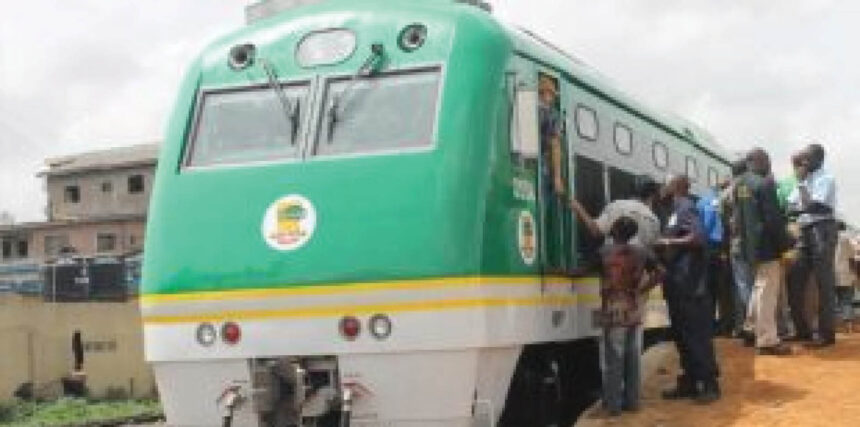The Nigerian Railway Corporation (NRC) has announced a significant revenue milestone, generating N1.42 billion by transporting 675,293 passengers in the first quarter (Q1) of 2024.
In addition to this achievement, the NRC unveiled an expansion of its Lagos-Ibadan Train Service (LITS) with the introduction of extra train trips on Fridays and Saturdays, offering greater flexibility for weekend travellers.
This new initiative increases the weekend departures from two to three, with the new Lagos-to-Ibadan service set for 1:40 pm, complementing the already scheduled 7:45 am and 4:00 pm departures. For the Ibadan-to-Lagos route, an additional train will depart at 10:50 am, alongside the existing 8:00 am and 4:30 pm trains.
The NRC made this announcement recently via its official X (formerly Twitter) handle, urging passengers to take advantage of the expanded services. The new schedule aims to ease congestion and accommodate the growing demand for travel between the two major cities. The corporation also confirmed that its Sunday-to-Thursday schedules remain unchanged, with departures at 8:00 am and 4:00 pm from both Lagos and Ibadan.
The Lagos-Ibadan railway, a 157-kilometer line constructed by China Civil Engineering Construction Corporation (CCECC), has proven to be a crucial transportation route since its launch in June 2021. The line, which supports speeds up to 150 km/h, offers a safe and affordable travel option, and the NRC’s expanded service schedule reflects its growing popularity.
In March 2024, the railway had already moved over 2 million passengers, marking a significant contribution to the nation’s transport infrastructure. In a further development, CCECC was recently granted a three-year license to operate freight services on the line, a landmark achievement for Nigeria’s rail sector, marking the company as the first to be licensed for standard-gauge rail freight services in the country.
With this new freight authorization, the rail service is expected to offer a cost-effective logistics solution for businesses and stimulate economic growth along the Lagos-Ibadan corridor, further cementing the railway’s role in Nigeria’s economic development.





